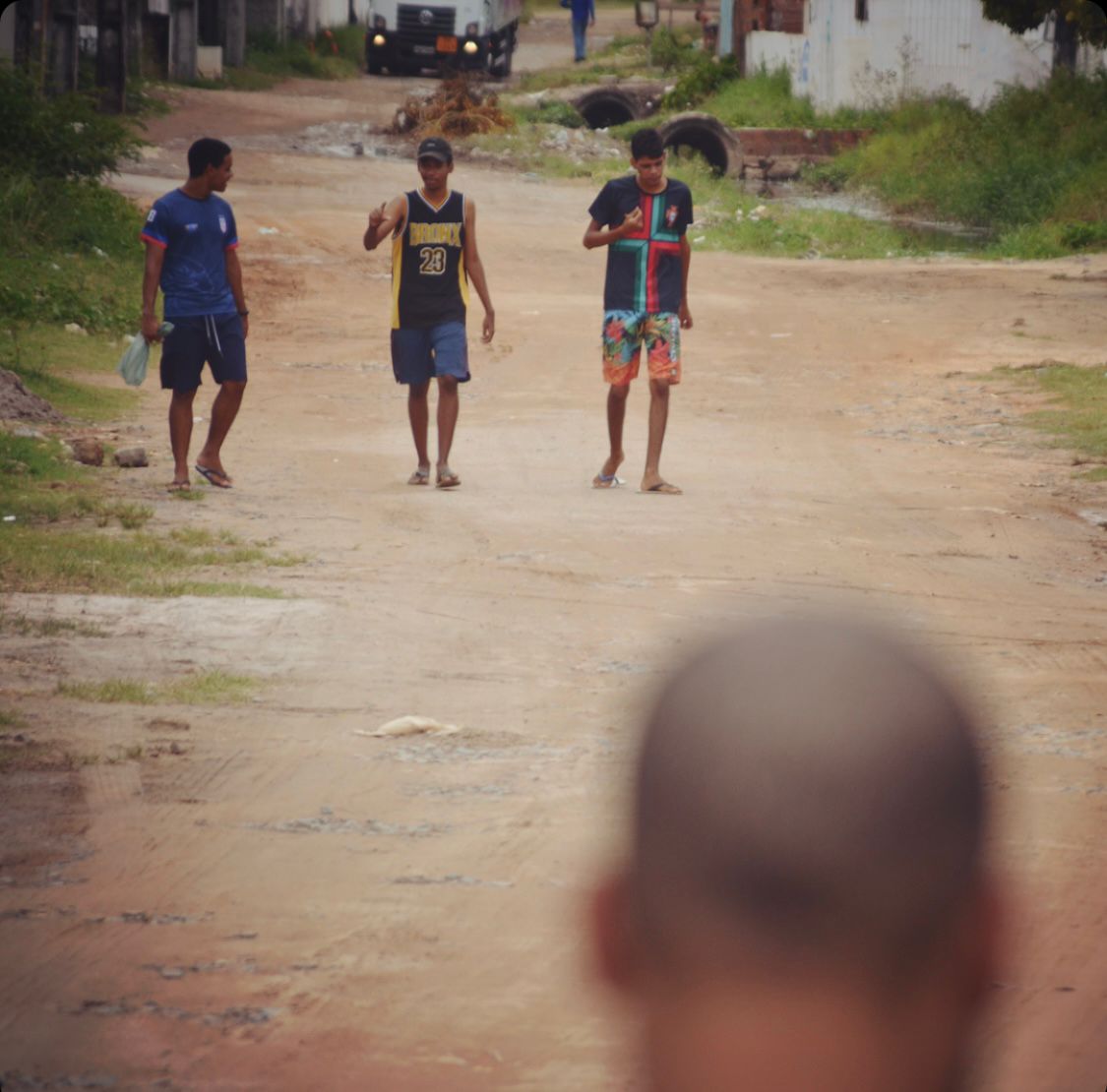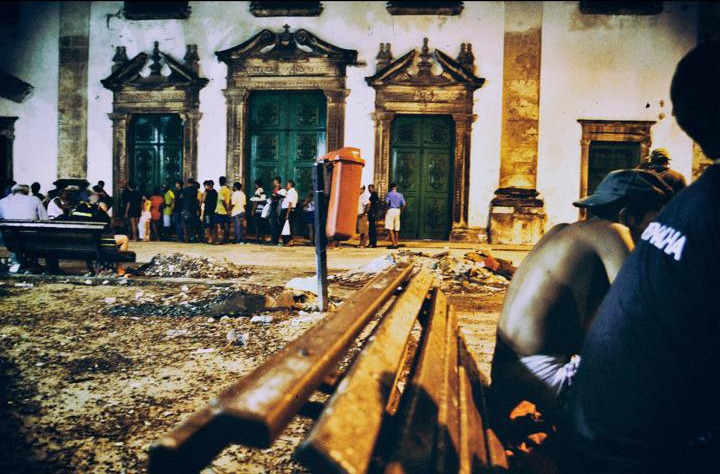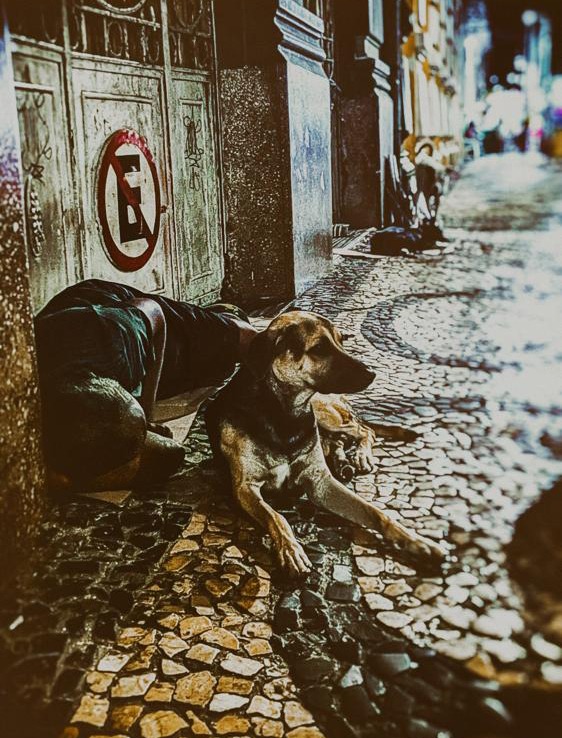By: Zion Rose
“Before I could become a citizen of the world I was and am first a citizen of Recife.” Paulo Freire3

It is so beautifully ironic the way life often unfolds. I am not a researcher. I do not sit on any boards of education, and I have spent years running from academia. I do love to learn, although not in a traditional sense. I love to observe, to write, to document, and so, a rather unconventional life path led me to 12 years living in the Recife metropolitan area of Northeast Brazil, in a small city called Jaboatão dos Guararapes. Over the past decade, most of my apartments had leaky roofs, and stray horses roamed our unpaved roads. When I arrived, I spoke no Portuguese and learned mostly on the streets talking with individuals (especially children, the best teachers if I may say so) in situations of deep poverty. I attribute my cultural adaptation largely to the fact that I was serving a population with limited literacy, and so relied heavily on drawing and teaching art to form relationships. For me, a photographer, photos became a rich source of exchange and communication.
I have come to know Brazil as a country and people of both need and potential, a land that has faced deep trauma, yet wears resilience and creativity like no other nation I have known. While I arrived here on the groundbreaking team of a non-profit focused on community services, this past year I began perusing opportunities to give voice to these vulnerable populations – my neighbors and friends – in a way that could potentially influence public policy. I did not yet know photovoice existed, but when my path crossed this methodology, the name itself seemed to be an answer to my searching. Inspired by the philosophy and vision of the photovoice movement, I began looking for opportunities to learn more. Enter the Photovoice Worldwide Intensive School.
This class, which, given my background, I felt completely unqualified for, was key in shifting my perspective by allowing me to see from other angles. I acquired knowledge and was given tools to place the experiences of the individuals I serve in front of those who could make changes. Each instructor in the intensive course addressed a different aspect of this process – from taking an anti-colonial stance to effectively compiling literature reviews for research.

As we were taught the foundational philosophies of photovoice, the work I had already been doing became grounded in a new context. Digging into the roots of the three movements that guided this methodology, I was introduced to the writings of Paulo Freire – a connection that felt like a kiss from heaven. One of the most well-known social workers in the world, Paulo grew up right here in my small town. He was born in the city of Recife where he lived his early years before moving to Jaboatão dos Guararapes during the Great Depression. Paulo walked the line between the middle and lower classes – he had a roof over his head, but was often lacking food. With insufficient nutrition to support high level brain function necessary for learning, he struggled in school. In his own words “I didn’t understand anything because of my hunger. I wasn’t dumb. It wasn’t lack of interest. My social condition didn’t allow me to have an education. Experience showed me once again the relationship between social class and knowledge.”1
As explained simply in A Brief Biography of Paulo Freire, “Paulo lived among poor rural families and laborers, gaining a deep understanding of their lives and of the effects of socioeconomics on education. Freire’s pedagogy of literacy education involves not only reading the word, but also reading the world. This involves the development of critical consciousness (a process known in Portuguese as conscientização). The formation of critical consciousness allows people to question the nature of their historical and social situation – to read their world – with the goal of acting as subjects in the creation of a democratic society (which was new for Brazil at that time). For education, Freire implies a dialogic exchange between teachers and students, where both learn, both question, both reflect, and both participate in meaning-making.”2
“In the two weeks of learning from photovoice experts, I was stretched beyond
my expectations, and equipped with resources to launch new projects.”

The Institute of Paulo Freire still exists here in Recife, and people come from all over the world to learn from and follow in his legacy. It was embarrassing, to say the least, that I had been unaware of his footsteps here in my region. This experience of growing up hungry and malnourished is the reality for nearly all those we serve. Paulo had taught reading and writing to many illiterate families in the metropolitan area before he was exiled by the Military Dictatorship for elevating the impoverished. It was at this time one of his most famous books emerged – The Pedagogy of the Oppressed. A Christian worker committed to democracy, his faith and grounding in a loving, just, God deeply resonated with my first footsteps in Brazil on a faith-based mission.
Over the years I have taught art and photography to many children from the favela (slums). However, when viewed in the light of Paulo’s legacy here in Recife, lifting their stories through photovoice took on new meaning. My participation in the intensive school helped me connect the academic concepts of visual literacy to practice. In discussions with my cohort, my years of peer-based service seemed to take on fresh meaning. In the two weeks of learning from photovoice experts, I was stretched beyond my expectations and equipped with resources to launch new projects. Not only were we taught foundational theory, but planning, funding, facilitating, ethics, and case studies were also covered.
As a photographer and advocate, I have always strived to create opportunities for the hidden to be seen and heard. Through rich conversations with the other students and instructors in the course, I was deeply encouraged to learn that, through photovoice, these opportunities are effectively occurring worldwide. Beyond their witness, the course provided me with a community that understands this niche of work and offered strengths in my areas of weakness. And while I was deeply impacted to see how Freire’s theories apply to photovoice, I am even more impacted to view them in the context of his homeland.
1. Gadotti, Moacir. Reading Paulo Freire: his life and work. Translated by John Milton. 1994.
2. Bentley, Leslie. A Brief Biography of Paulo Freire. (https://ptoweb.org/aboutpto/a-brief-biography-of-paulo-freire/).
3. KIRYLO, J. D. (2011). Chapter One: It Began in Recife. Counterpoints, 385, 3–23. http://www.jstor.org/stable/42980923
